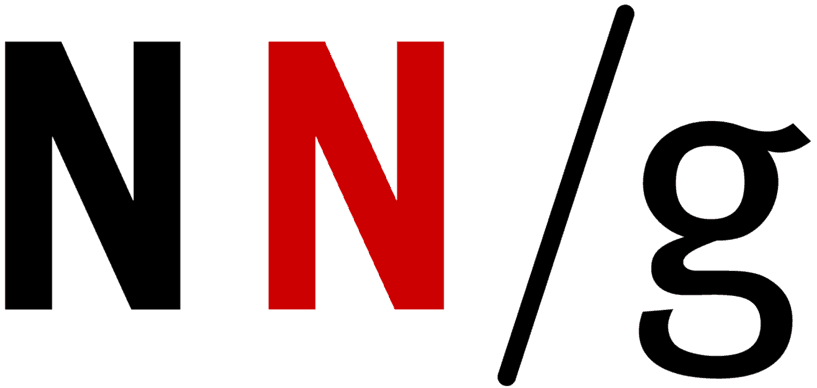If you’re thinking about infinite scrolling for your site, stop and consider whether this feature does more harm than good for your situation. Infinite scrolling is a web-design technique that loads content continuously as the user scrolls down the page, eliminating the need for pagination.
The success of infinite scrolling on social media sites such as Twitter have made this technique popular, but that doesn’t mean you should do it too. Continuous scrolling is advantageous for content that streams constantly and has a relatively flat structure, where each unit of content belongs at the same level of hierarchy and has similar chances of being interesting to users.
Long, endless pages are good for time-killing activities because users are in the mindset for serendipitous exploration and discovery. The advantage of not having to acquire and click “next page” keeps audiences engaged with the content and less focused on the mechanics of navigating to the next page. (A benefit of lower interaction cost.)
In our Compelling Web Content course, we tell designers to determine page length by relevance of information, not by arbitrary measurements. When browsing people are happy to scroll down long pages when the informational units share the same level of granularity and are highly related, such as when searching for a gift within a specific category. This is why on e-commerce sites we observe people click See All to view all products at once when given the choice.
Infinite scrolling has advantages, but should be applied with caution. Take into account your site’s content and the user’s motivation. Endless scrolling is not recommended for goal-oriented finding tasks, such as those requiring people to locate specific content or compare options. For ecommerce sites, finding products by feature might be difficult to accomplish quickly if all of the products are presented linearly on a never-ending page, without sorting or other filtering or navigation techniques to help isolate the intended item.
In addition, locating a previously found item on an extremely long page is inefficient, especially if that item is placed many scrolling segments down. It’s much easier for people to remember that the item is on page 3 than it is to gauge where the item is positioned on an extremely long page.
There are psychological consequences to endless scrolling that can hurt the user experience as well. For task-driven activities, infinite scrolling can feel like drowning in an information abyss with no end in sight. People who need specific types of information expect content to be grouped and layered according to relevance, by pages. Web users don’t mind clicking links (e.g., a link to the next page) if each click is meaningful and leads them closer to the desired goal.
(Learn how to apply psychology principles to predict and explain how your customers think and act.)
With pagination, there is a beginning and an end. People can anticipate the effort required to scan the page. There is a happy sense of completion when a page is reviewed. Pagination gives people control to decide whether or not to continue to the next page. The choices on smaller pages are easier to evaluate because fewer options feel less overwhelming.
With infinitely long pages, people may feel paralyzed by the sheer volume of content or the number of choices and not click anything. People may view but not act. Infinite scrolling may support browsing behavior, but it can cause inaction (and lower conversions), which is the opposite of what most website makers want.
The worse offense of infinite scrolling on the desktop is that it plays a nasty trick on users. Infinite scrolling breaks the scroll bar by causing it to display the page length inaccurately. Believe it or not, people still use the scroll bar. People rely on scroll bar to tell them how much effort is left. It’s not nice to tell people that they’re almost done when they’re not. Play nicely.
(Learn more about infinite scrolling and other emerging patterns at our conference.)
Conclusion: Infinite scrolling may seem like an elegant replacement for pagination. However, it’s not the answer for most websites. Infinite scrolling is probably not for you if site visitors want to achieve goal-oriented activities, such as when they need to backtrack or find specific information quickly.





Share this article: